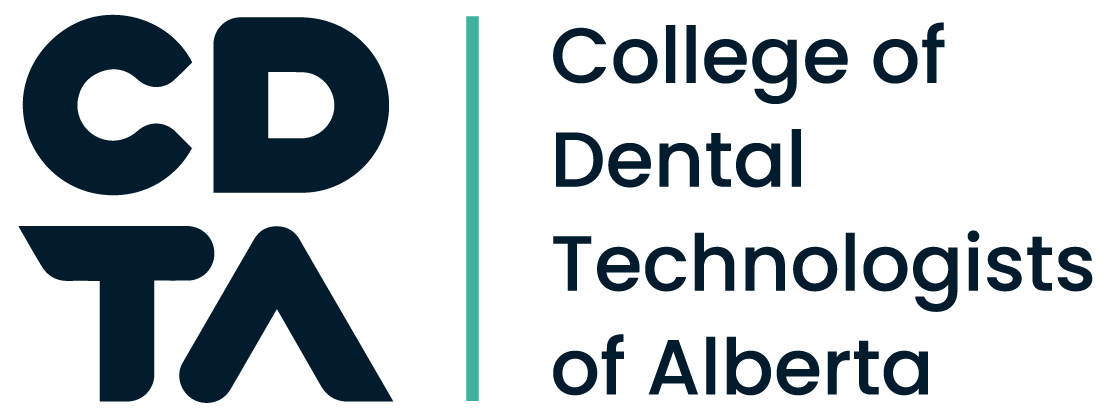Restricted Activities
Part 0.1: Health Services Restricted Activities of the Health Professions Act defines which health service are considered restricted activities. Restricted activities are regulated health services that by law can only be performed individuals who are authorized to perform them.
The Health Professions Restricted Activity Regulation establishes which restricted activities can be performed by Dental Technologists and Dental Technicians and further defines the additional training requirements necessary to apply for restricted activities authorization. Dental Technologists and Dental Technicians must always restrict themselves to performing only those restricted activities which they are authorized, and competent to perform, and that are appropriate to the regulated member's area of practice.
Not all Dental Technologists and Dental Technicians are authorized to perform restricted activities. If a Dental Technologist or Dental Technician is authorized, it will show on the General Registry and their practice permit.
